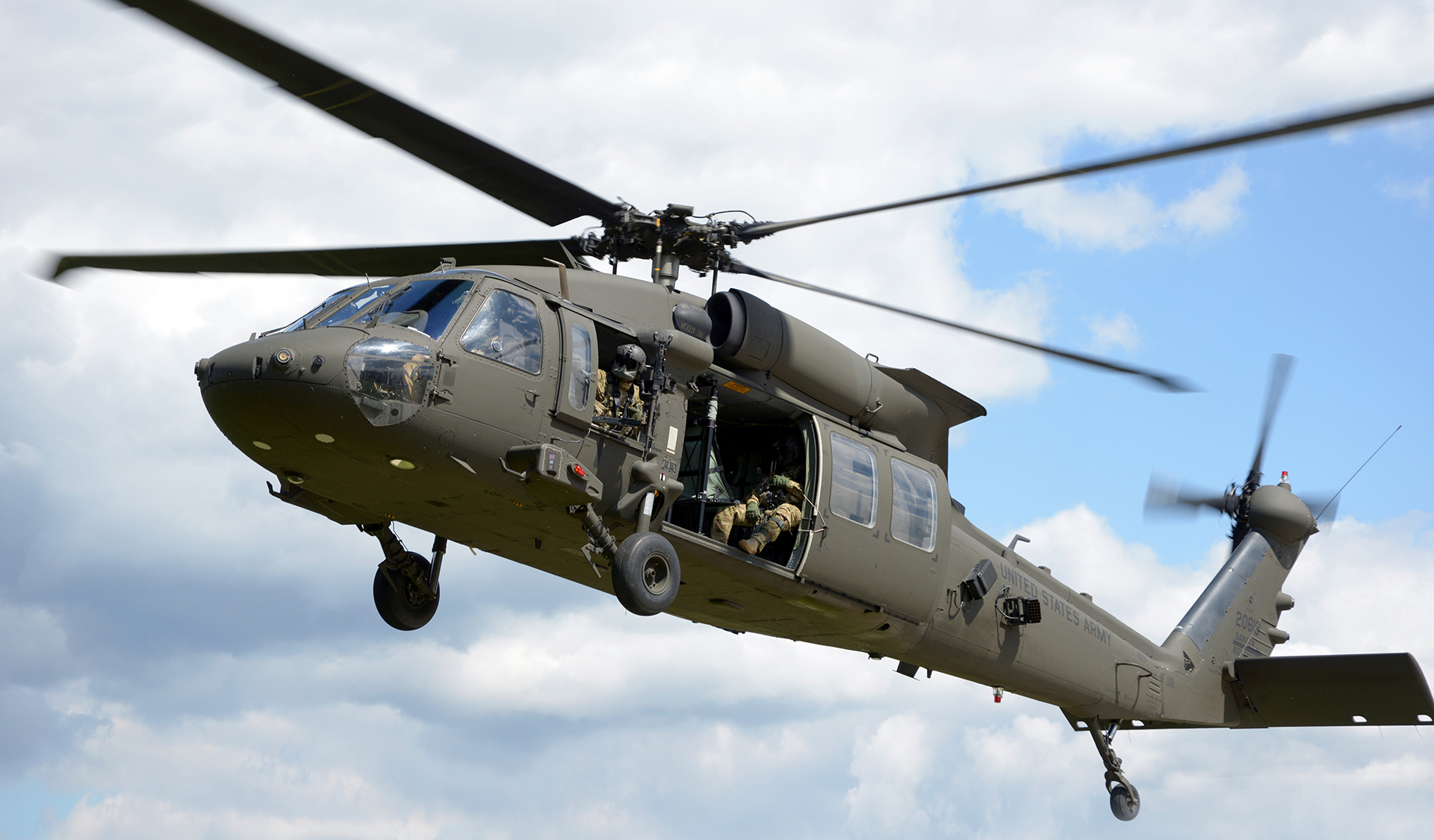UH 60 Technical Requirements and Efficiency Testimonial
UH 60 Technical Requirements and Efficiency Testimonial
Blog Article
The Influence of Lasting Practices on the Future of Airplane Operations and Emissions Decrease
As the air travel industry faces raising scrutiny over its environmental influence, the fostering of lasting methods emerges as a crucial pathway towards future aircraft operations and emissions decrease. Advancements in lasting aeronautics gas and developments in crossbreed propulsion modern technologies stand at the center of this makeover, encouraging considerable reductions in greenhouse gas discharges.

Summary of Lasting Practices
Lasting techniques in airplane procedures incorporate a variety of techniques targeted at lowering environmental effect while keeping functional effectiveness. These practices are necessary in the air travel sector's commitment to reducing its carbon footprint and sticking to international ecological requirements. Secret efforts include optimizing trip courses to minimize fuel consumption, enhancing upkeep procedures to make sure aircraft operate at peak performance, and applying advanced technologies such as winglets and light-weight products that enhance aerodynamics.

Engaging and educating team on sustainability methods additionally play a crucial duty, promoting a society of environmental obligation within companies. On the whole, the assimilation of these sustainable methods not just helps in reducing discharges however additionally boosts the long-term practicality of the air travel industry, ensuring it satisfies the needs of both consumers and governing bodies while adding to global sustainability goals.
Ingenious Fuel Alternatives
Many cutting-edge fuel choices are becoming crucial services to reduce the aviation sector's dependence on traditional nonrenewable fuel sources. Among these alternatives, Sustainable Aviation Gas (SAFs) have actually gained significant focus as a result of their possible to decrease lifecycle greenhouse gas emissions by up to 80% contrasted to standard jet fuels. SAFs are stemmed from various feedstocks, including waste oils, agricultural deposits, and also algae, making them a flexible choice for the market.
One more promising alternative is hydrogen gas, which, when utilized in fuel cells, produces just water vapor as a byproduct. Additionally, electrical propulsion systems are being checked out, leveraging battery technology to power airplane.
Finally, biofuels stemmed from biomass are being explored, providing a renewable alternative that can be mixed with traditional gas. Collectively, these cutting-edge fuel choices represent a critical step towards accomplishing a lasting air travel ecosystem, lining up with international discharges decrease targets and enhancing the sector's environmental stewardship.
Technical Advancements in Aeronautics

Just how can technical advancements reshape the future of air travel? Technologies such as hybrid and electrical propulsion systems are at the leading edge, encouraging substantial decreases in fuel usage and greenhouse gas discharges.
Furthermore, the implementation of innovative products, such as lightweight compounds, contributes to improved the rules of aerodynamics and fuel effectiveness. Making use of expert system and machine understanding in trip operations maximizes path preparation and minimizes fuel melt by enabling real-time changes based on climate and traffic problems. Furthermore, the development of self-governing and remotely piloted aircraft systems stands to change cargo and traveler transportation, potentially raising efficiency while decreasing human error.
In addition, sustainable aviation modern technologies, including sophisticated air website traffic administration systems, can reduce and improve procedures congestion, resulting in reduced emissions during trip. These developments collectively represent a standard change in aviation, guaranteeing a future where sustainability and functional efficiency are intertwined, consequently sustaining the industry's commitment to minimizing its ecological influence.

Governing Structure and Conformity
Taking into account the growing emphasis on environmental stewardship within the aviation sector, the regulatory framework governing aircraft operations is developing to promote sustainable practices. Regulatory bodies, such as the International Civil Aeronautics Company (ICAO) and different nationwide aeronautics authorities, are presenting rigorous standards focused on lowering exhausts and boosting functional performance.
These guidelines commonly include the fostering of Sustainable Aviation Gas (SAF), which has been identified as a vital element in accomplishing lower carbon footprints. Furthermore, compliance with these laws requires airline companies to carry out operational methods and sophisticated innovations, such as optimized more info here trip courses and enhanced air website traffic monitoring, to lessen fuel intake.
In addition, the enforcement of discharges trading schemes and carbon balancing out campaigns is becoming significantly common, compelling airline companies to monitor and report their exhausts accurately. Non-compliance can cause significant fines, therefore pressing operators to focus on sustainability in their business designs.
Ultimately, the progressing governing landscape not only drives technology and investment in green modern technologies but additionally fosters a society of liability within the aviation sector. As these frameworks continue to establish, the concentrate on sustainable techniques will be important to achieving the sector's long-term environmental objectives.
Future Fads in Aircraft Workflow
As the aeronautics market adapts to a progressively rigorous regulative setting, future trends in aircraft procedures are readied to focus on ingenious remedies that even more improve sustainability and performance - uh 60. Trick developments will likely include the fostering pop over here of innovative air website traffic management systems, which use real-time data and expert system to optimize flight paths, decreasing fuel usage and exhausts
An additional substantial fad is the increased integration of sustainable air travel fuels (SAFs) These options to traditional jet gas, acquired from eco-friendly resources, can significantly lower lifecycle greenhouse gas emissions. The industry's commitment to SAFs will likely accelerate as airline companies collaborate with gas manufacturers to make certain schedule and cost-effectiveness.
In addition, the press in the direction of electrification and crossbreed propulsion systems is getting energy. Emerging aircraft designs will incorporate these technologies, supplying browse this site quieter and extra reliable procedures, particularly for short-haul flights.
Final Thought
The fostering of sustainable aeronautics fuels, paired with improvements in hybrid and electrical propulsion systems, is important for decreasing lifecycle greenhouse gas exhausts. Optimizing trip paths and accepting innovative innovations add to a quieter and much more eco friendly aeronautics sector.
Advancements in sustainable air travel gas and developments in crossbreed propulsion technologies stand at the leading edge of this transformation, appealing substantial reductions in greenhouse gas discharges.Countless innovative fuel choices are emerging as pivotal remedies to decrease the air travel sector's reliance on conventional fossil gas - uh 60. Amongst these alternatives, Sustainable Air travel Gas (SAFs) have actually obtained substantial interest due to their possible to lower lifecycle greenhouse gas emissions by up to 80% compared to traditional jet gas.An additional significant trend is the enhanced integration of lasting aeronautics fuels (SAFs) The adoption of sustainable air travel gas, paired with innovations in electric and hybrid propulsion systems, is vital for decreasing lifecycle greenhouse gas emissions
Report this page